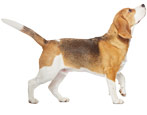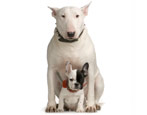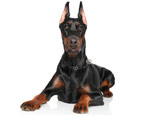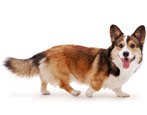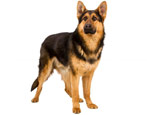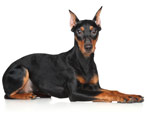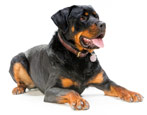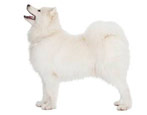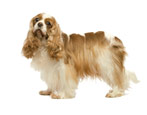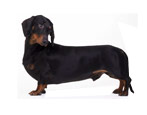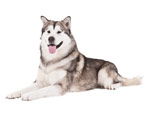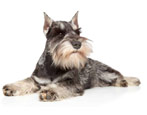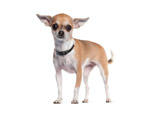How to store and use meat and bone meal for dogs?
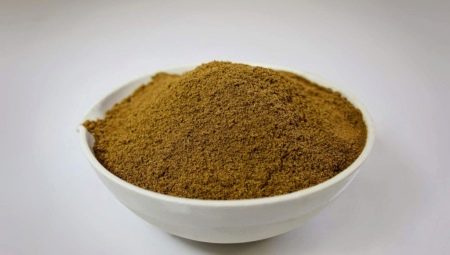
In order for a dog to grow and develop normally from an early age, it needs to introduce food additives into the diet that contain not only vitamins, but also organic substances. Pregnant dogs also need these supplements. Their use will ensure not only the correct formation of organs and systems in future puppies, but also help the female to maintain her health during pregnancy.
In addition, any adult dog needs support of the musculoskeletal system throughout its life in order to prevent age-related changes in the articular and bone structures, as well as in tendons. To solve all these important tasks, there is a special dietary supplement for dog food, called meat and bone meal.
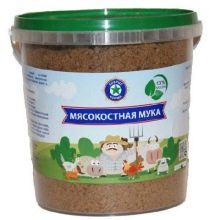
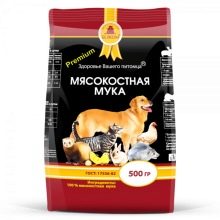
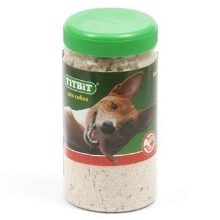
Features and composition
Meat and bone meal for dogs is a powder made from bone residues obtained from butchering cattle carcasses. Fragments of meat and tendons remain on the bones - they are also processed during the preparation of bone meal. During the manufacturing process, meat and bone raw materials are autoclaved, where, under the influence of hot steam and high pressure, pathogenic bacteria, helminth larvae and microorganisms die. Further, the raw material goes through the process of drying and grinding.
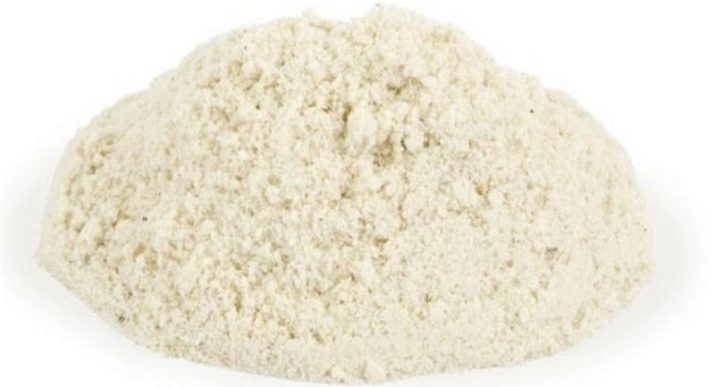
Finished bone meal is sifted and combined with antioxidant components, and then packaged in kraft paper bags or cardboard boxes.
Meat and bone meal used for dogs has a fairly high calorie content - its nutritional value is 300 kilocalories per 100 grams of product.
The chemical composition of this bioactive product is as follows:
- protein components - 46%;
- animal fats - 15%;
- ash components - 33%;
- water - 6%.
The composition of meat and bone meal contains macronutrients, the main part of which is calcium in the amount of 35,000 mg per 100 grams of product and phosphorus - 16,000 mg. In addition, vitamin B11 (carnitine), adenosine triphosphoric and glutamic acids, as well as traces of the hormones serotonin and thyroxine are present in small amounts.
Meat and bone meal is rich in protein, calcium and phosphorus... Calcium is necessary for a dog to grow bones, and the ions of this macronutrient are a conductor between muscles and the nervous system, due to which muscle contractions are formed. Insufficient calcium in the body leads to osteoporosis of the bones of the animal, which subsequently leads to diseases of the musculoskeletal system and limitation of the dog's mobility.
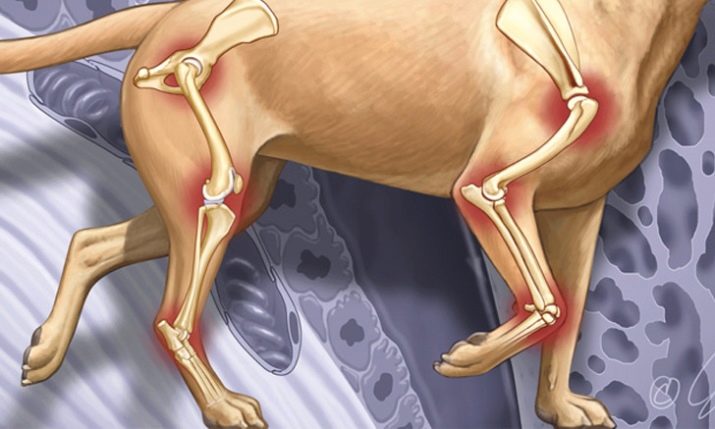
Phosphorus is a part of such vital components of the body as nucleotides and phospholipids, thanks to it, energy metabolism is carried out in the body and the acid-base balance is maintained at the physiological level. Nucleic acids, which contain phosphorus, are involved in the formation of strong teeth and bones. Lack of phosphorus contributes to the development of rickets and anemia in the dog.
Meat and bone meal refers to foods that fall into two categories of animal health risks - high and low.
A bioactive product with a high risk category is made from carcasses of animals that were raised using hormones, lived in an active radiation or ecology zone, or died themselves or were killed as a result of epidemics. The slaughter of animals could be carried out in an environmentally unfriendly way - with the help of poisonous substances or veterinary drugs. Meat and bone meal from such raw materials poses a threat not only to the dog, but also to humans, it is labeled as a product of class 1 or 2.
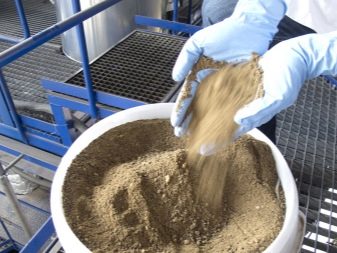
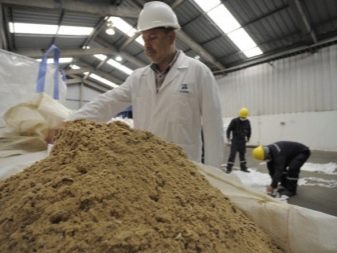
The highest quality meat and bone meal, labeled class 3, is made from the skeletons of cattle, which have passed the control selection by veterinary services. A product of this quality level is safe for both domestic four-legged pets and humans. Veterinarians recommend supplementing the diet of dogs with only such meat and bone meal.
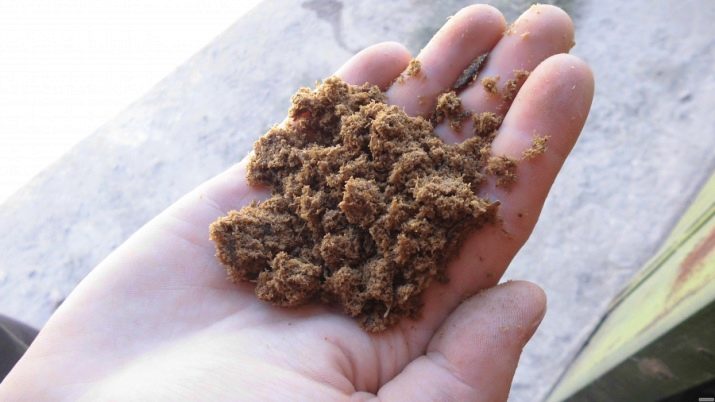
The class of such a bioactive additive is always indicated on its packaging, therefore, when buying, you need to pay special attention to this point.
Benefit and harm
Veterinarians recommend the introduction of a food supplement in the form of meat and bone meal for dogs from the moment their milk teeth change to permanent ones. The benefits for the animal's body when using this product are as follows:
- prevents the development of rickets, anemia and dystrophy in puppies;
- meat and bone meal is an additional source of protein and minerals;
- when added to food, the supplement increases its nutritional value and calorie content;
- improves muscle tone and strengthens the skeleton of the animal;
- promotes the growth of strong and healthy teeth in puppies;
- strengthens the ligamentous-tendon and articular apparatus of the musculoskeletal system, which is especially important for dogs of large breeds;
- is a prophylactic agent against arthrosis and arthritis in overweight adult dogs;
- prevents the development of disorders of the central nervous system;
- helps the formation of stable immunity;
- helps a weakened animal quickly gain body weight when exhausted and recuperate after childbirth or illness.
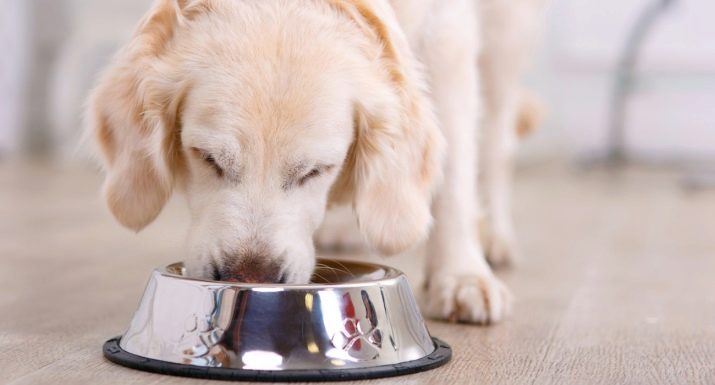
The positive properties of meat and bone meal are beneficial for a healthy dog's body, however, there are times when the use of this product may be contraindicated for your pet.
- Excessive protein levels in the dog's body may occur if the dog is overly addicted to this product. This situation leads to the development of amyloidosis, when protein components accumulate in the tissues. The disease is dangerous because it leads to tissue and even organ atrophy.
- An excess of protein can provoke in an animal the development or exacerbation of an existing gout, which is characterized by the fact that crystals of mineral salts are deposited in the joints, causing pain during movement and accompanied by an inflammatory process.
- If your pet has a disease of the digestive tract, for example, gastritis or an ulcer of the mucous membrane of the stomach or intestines, then meat and bone meal in this case should not be given to the dog, as it can significantly aggravate the course of the disease.
- It is not uncommon for dogs to have an allergic reaction or food intolerance to animal protein. This can manifest itself in the form of diarrhea, hair loss, severe itching of the skin of the animal.
- Excessive addition of meat and bone meal to the food of the dog may develop intestinal atony and constipation.
- Meat and bone meal can cause liver or pancreatic disease if you feed your dog a food that is high in animal fat.
Despite the fact that meat and bone meal is a very useful product, it is impossible to replace vitamin and mineral supplements with it, since this composition practically does not contain vitamins.
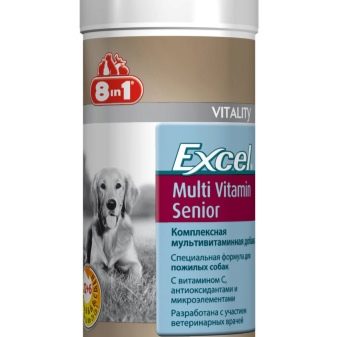
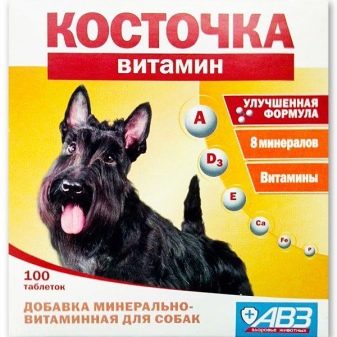
The nutritional value of meat and bone meal is also not a reason to substitute it for natural meat products that a dog needs. The benefits of the product will only be tangible for the dog's body if this nutritional supplement is used correctly.
How to store?
Meat and bone meal contains easily oxidizable fats and proteins, and if you neglect the storage rules of this food additive, it will very quickly become unusable.
You need to store meat and bone meal as follows:
- the storage room should have a supply of fresh air with good circulation and low humidity;
- the product should not be exposed to direct ultraviolet rays of sunlight, therefore, the packaging with meat and bone meal should always be tightly closed;
- the optimum air temperature for storing bioadditives should be in the range from +20 to +28 degrees Celsius, when it is exceeded, the oxidation of the product begins;
- during storage, meat and bone meal must be protected from the effects of impurities and odors, since the product tends to quickly absorb them into itself.
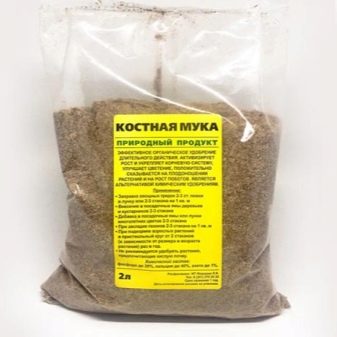
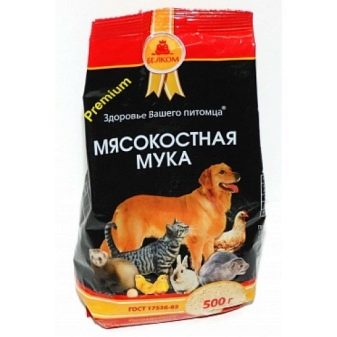
If for some reason these norms were not observed, then meat and bone meal is subject to deterioration and oxidation. In the process of oxidation and decay, fats and proteins are transformed into toxic products that will harm the pet's body. When purchasing a bioactive supplement at a pet store, pay attention to the fact that whether it contains antioxidants and if they are absent, this means that there is a risk of buying a low-quality product that has already undergone oxidative reactions. Also check on the meat and bone meal packaging date of its development - usually the shelf life of the finished product does not exceed 1 year.
High-quality meat and bone meal looks like a homogeneous fine powder of brown-red color, in the composition of the product you can find inclusions of a whitish-yellow hue - this is how crushed bone tissue looks after heat treatment. The smell of this dietary supplement should be pleasant and not irritate the sense of smell, a quality product smells like fried meat. The consistency of good quality meat and bone meal will always be homogeneous and crumbly, without caked lumps and the presence of foci of mold.
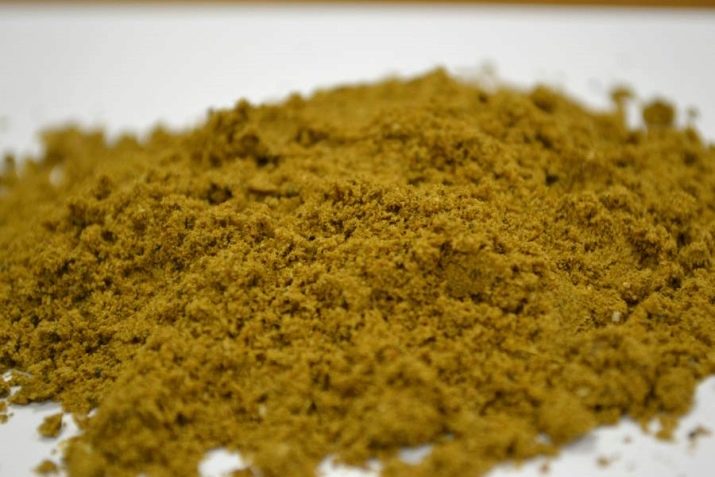
Musty and pungent odor, foreign impurities and large sticky lumps in a properly stored product should not be.
Instructions for use
The dosage when using meat and bone meal is a very important point. In order to use this product correctly, dog owners should be aware that small-sized individuals can be given no more than 6-7% of meat and bone meal of the total food volume, medium-sized pets add up to 14-15% flour to the diet,and large dogs are given up to 19-20% of this nutritional supplement relative to the total daily food.
Meat and bone meal is injected just before you give the bowl of food to your dog. It is impossible to heat food together with flour, since in this case this bioactive product will lose almost all of its beneficial properties.
This nutritional supplement should be added to the dog's diet. gradually, the entire period of accustoming the animal's body to this product should stretch for 2 weeks. Only with such a gradual and fractional introduction into food, meat and bone meal will not cause digestive disorders in your pet's body.
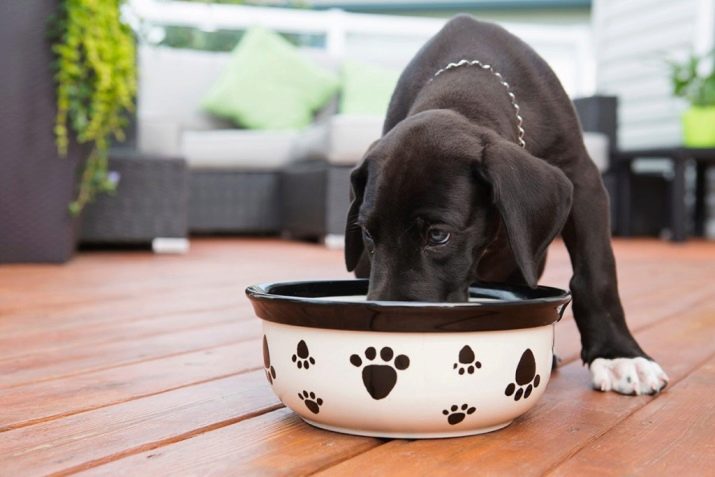
When introducing meat and bone meal into the diet of puppies, veterinarians are advised to adhere to the following scheme, designed for 5 kilograms of the baby's weight:
- for miniature breeds - 1/2 teaspoon flour;
- for medium-sized rocks - 1 teaspoon of the product;
- for large dog species - 1/2 tablespoon of meat and bone nutritional supplement.
In order to support the body of a pregnant dog, in the second half of her pregnancy, the dose of this biological product is doubled.
It must be remembered that the maximum dosage of the product per day, safe for the health of the animal, should not exceed 100 grams for any breed of dog. Before you start giving your dog meat and bone meal, check the animal with a veterinarian to identify contraindications and determine the optimal doses of the product.
See all about meat and bone meal in the next video.




